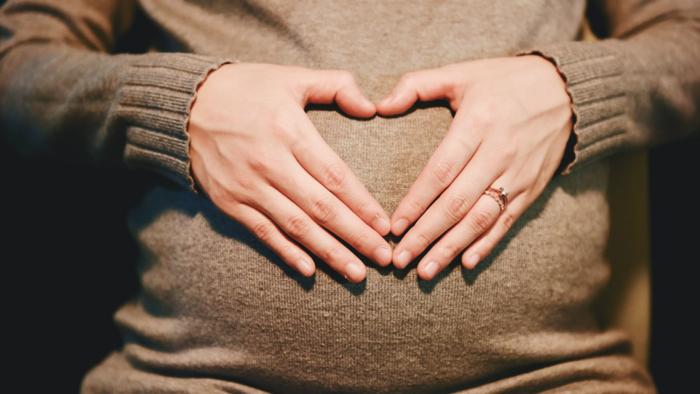COLUMBIA, Mo. — The rate of opioid use among pregnant women in the United States quadrupled between 1999 and 2014 and continues to rise — an alarming trend that researchers from the University of Missouri and University of Iowa say has exposed the stigma felt by opioid-dependent mothers and how their shame has negatively impacted the health care received by their infants.

Credit: University of Missouri
COLUMBIA, Mo. — The rate of opioid use among pregnant women in the United States quadrupled between 1999 and 2014 and continues to rise — an alarming trend that researchers from the University of Missouri and University of Iowa say has exposed the stigma felt by opioid-dependent mothers and how their shame has negatively impacted the health care received by their infants.
Jamie Morton led a study, which was a metasynthesis of existing literature on the topic, as a doctoral student at the MU Sinclair School of Nursing. She said the findings can help ensure health care providers, family members, friends and community members emphasize messages of support and compassion toward opioid-dependent mothers during the perinatal stage, which in this study was defined as one year prior to conception, pregnancy, and up to 18-24 months postpartum.
“We found that because the mothers were made to feel badly about themselves, they would withdraw themselves from receiving health care,” Morton said.
Morton added that since the mothers were often not getting any emotional or social support from health care providers, family, friends or community members, they felt self-blame and would internalize the stigma.
“What was surprising was the stigma was also transferred to the baby, a term known as associative stigma. The moms felt their infants were not given the same level of care or were treated differently,” Morton said. “The moms would just withdraw from even receiving health care in the first place in an effort to protect their child from being stigmatized, so they were less likely to take their baby to the pediatrician and less likely to take advantage of developmental services for their baby.”
Morton explained that this sometimes led to the mothers being referred to as “noncompliant” or “bad mothers.”
The researchers analyzed and synthesized 18 qualitative studies involving women of childbearing age in the U.S. who expressed feeling stigmatized due to their opioid dependence during the perinatal stage, as well as how the stigma impacted the health care they received for themselves and their babies.
“How often do we hear the phrase ‘the apple doesn’t fall far from the tree’?” Morton said. “Personally, I think everyone should be given a chance and treated with the same kindness and compassion as anyone else.”
Morton formerly worked in a newborn nursery and remembers mothers that would be very withdrawn.
“I made it a point to just treat them as any other mom, because all moms deserve our support as nurses and health care providers,” Morton said. “We just need to promote the opportunity for them to still be at the center of their health care decisions regarding both them and their babies as well as promoting their role as a mom.”
The research could potentially lead to more formalized education that could include trauma-informed care, topics such as trust, active listening, unconscious bias, and not judging based off assumptions. This could result in opioid-dependent mothers feeling more comfortable accessing care for themselves, taking their baby to the pediatrician or taking advantage of developmental services for their baby. This would ultimately improve both the mom’s and the baby’s long-term health outcomes.
“This expands way beyond nurses and health care providers, who, in general, do a great job of showing support, kindness, and compassion to the patients they serve,” Morton said. “This expands to the importance of family, friends, community members and the general public showing support, kindness and compassion. It is an honor and privilege to elevate the voices of these vulnerable women because their voices are not typically heard, but they need to be so we can meet their health care needs.”
“Stigma experienced by perinatal women with opioid dependency in the United States: A qualitative metasynthesis” was recently published in the Western Journal of Nursing Research. Funding was provided by the National Institutes of Health through a training grant awarded to the MU Sinclair School of Nursing.
-30-
Journal
Western Journal of Nursing Research
DOI
10.1177/01939459231182495
Method of Research
Literature review
Subject of Research
People
Article Title
Stigma experienced by perinatal women with opioid dependency in the United States: A qualitative metasynthesis
Article Publication Date
29-Jun-2023




